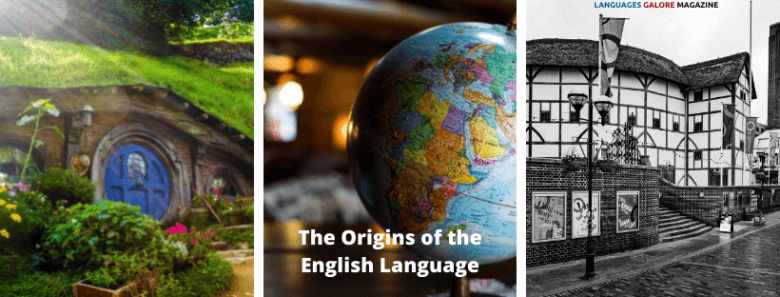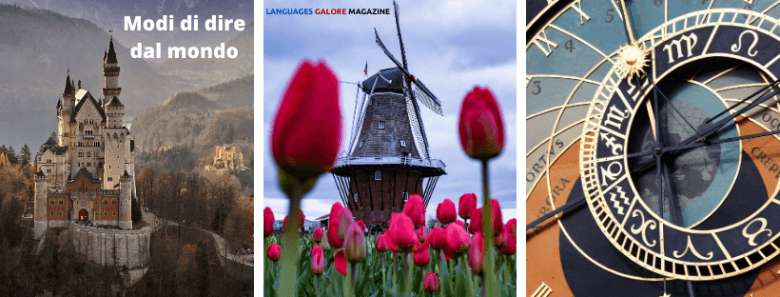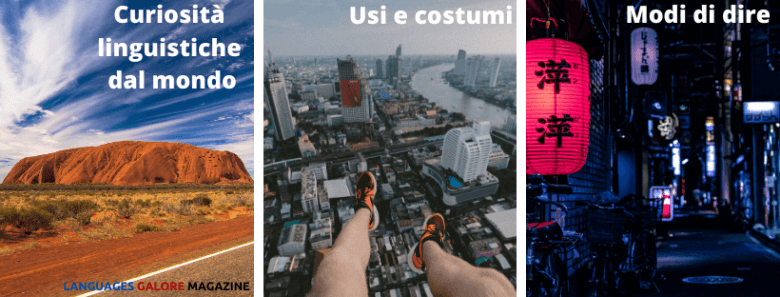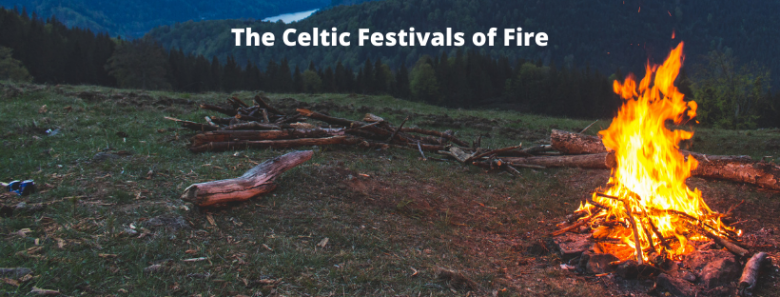Trick or treat? It’s Halloween today! By the way, did you know that Halloween is a Celtic festival? Halloween is a Celtic festival which was born in Europe. It was also celebrated in France, Italy, Swtizerland, Germany, Austria, north of Spain, England, Wales, Scotland and Ireland, all the countries where the Celts lived. In Ireland …
Autumn has arrived It’s October now and we’re in Autumn. The days are shorter and colder. It’s also started to rain. We’re going to school and summer is over. It really looks sad, but autumn is great fun too! There are a lot of nice activities to do! What can you do in autumn? Well, …
It rains a lot in Britain, doesn’t it? So, it’s quite normal in English to have many different ways to describe the rain. We may have drizzle if the rain is very light, or a shower if it is a short period of rain, a downpour if it is heavy rain or we can say …
Languages evolve all the time. English, too, was born a long time ago, and has never stopped changing since then. It was born from a mixture of different languages brought by different peoples over more than 2000 years of history. You can imagine English as a big soup, where everybody contributed by putting in some …
During Victorian England urban poverty was visible in degraded areas of London. The diet of English workers at that time was based on bread and potatoes, with bacon when extra earnings could be saved, as well as one of the most famous British fast food: fish and chips. The main problem of Londoners during the …
I modi di dire cambiano da lingua a lingua e sono espressione della cultura di un popolo. In questo articolo Silvia ci racconta come alcune espressioni di tutti i giorni riescono ad essere davvero divertenti da una lingua all’altra.
Da oggi il blog di English Galore School si arricchisce di una nuova sezione: stiamo parlando di Languages Galore Magazine, un’area dedicata a curiosità linguistiche, usi e costumi, modi di dire e altre interessanti scoperte e aneddoti per appassionati delle lingue di tutto il mondo. In Languages Galore Magazine troverai articoli scritti in italiano da …
The ancient Celts divided the year into two halves, the lighter half and the darker half, and held four celebrations (also known as Fire Festivals) to mark the changing seasons: Imbolc – celebrated halfway between the winter solstice and the spring equinox (1st February) Beltane – halfway between the spring equinox and the summer solstice (1st May) …






